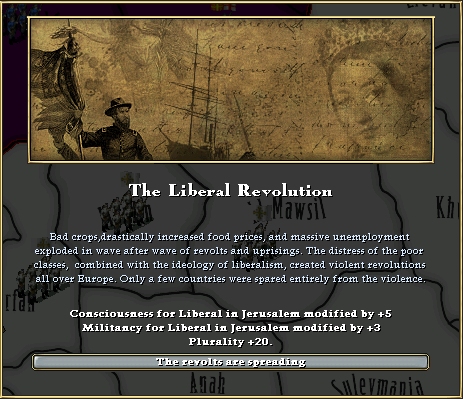Part 27: XXVI. Laurence V 1836-1845 A.D.
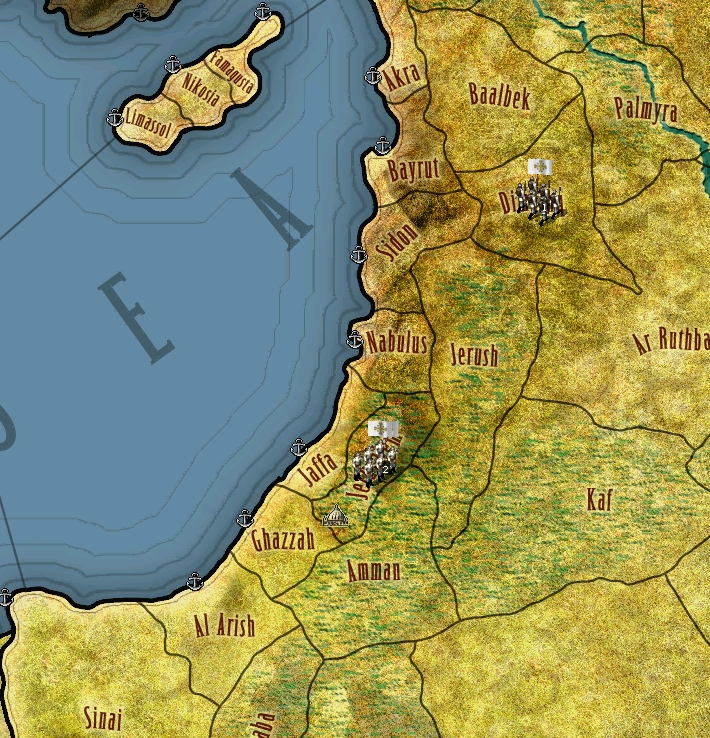
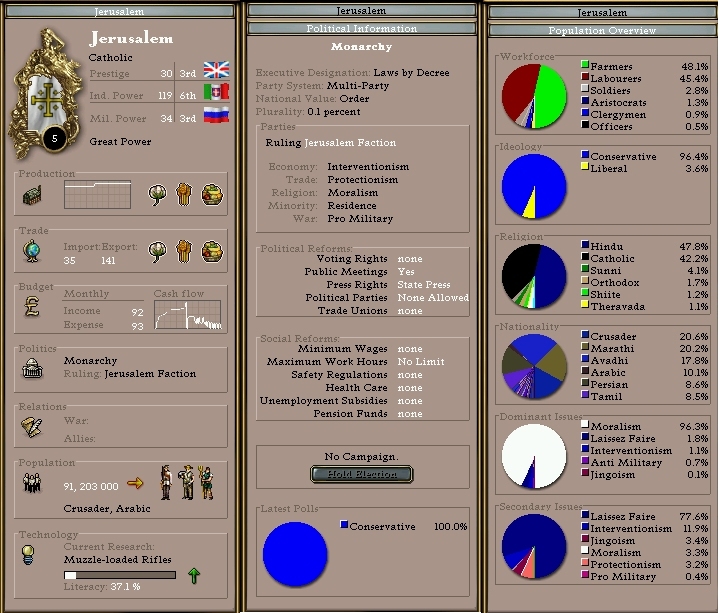
In 1836, Jerusalem was a nation of contrasts. Although prosperous, it was, unlike its European neighbors, still governed as a feudal monarchy. Time had brought some modernizations, but beyond a nominal Bill of Rights, the power of King Laurence V was still absolute. The further east one went in the Kingdom's territory, the less Jerusalem could manage direct control. Although the Protestant heresy had long been extinguished in Persia, the people there still looked upon Laurence V as a foreign king, unlike the Arabs who had come to think of themselves as Jerusalemites first.
Still further east, in India, the Kingdom's vast holdings were administered as purely colonial holdings. There the profit driven merchants of the India House and more practical colonial administration often clashed with the idealistic Hospitalier Order which sought to bring religious and political unity to Jerusalem.
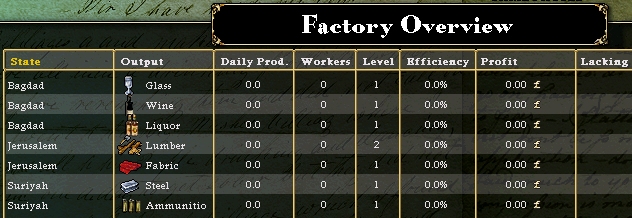
Methods of mass production were slowly coming into vogue in the western half of the empire, as ambitious Arabic capitalists hunted profit. It was in Baghdad that the first farmers began to move into the city in large numbers, seeking employment in the new factories.
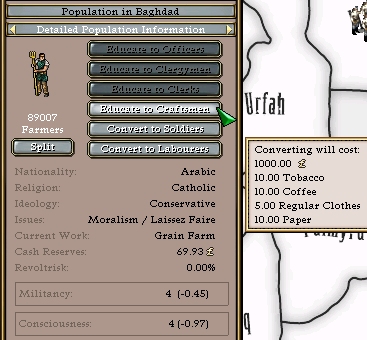
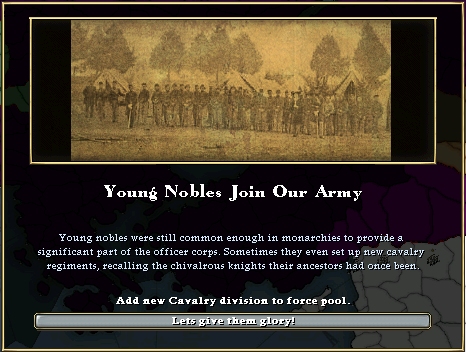
Still, the old ways clung to life. There were still jousting tournaments in the great cities, and young nobles vied to prove their valor and bravery.
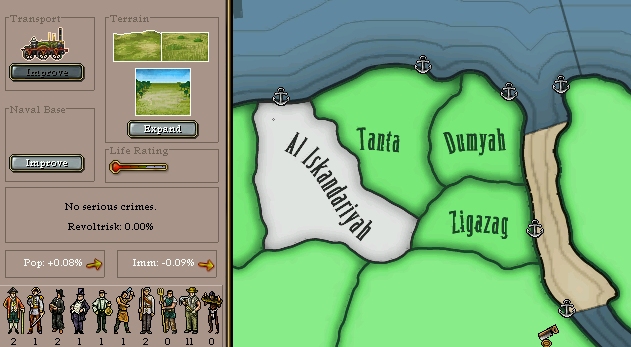
In 1837 a local for-profit venture began to construct an experimental railway in Alexandria. For thousands of years man had been forced to make due with the slow, leisurely pace of the Nile, but no longer. Now a train wound its way down the delta every day, puffing black smoke into the sky. A plan was drawn up to extend the venture further down the river.
Workers east of Alexandria, who were prepping an area for the new rail line, made a fascinating discovery, digging up a large stone slab with an inscription in both Greek and Egyptian hieroglyphics. In time, this 'Rosetta Stone' would allow the scholars of the Kingdom to decipher the ancient writings of the Egyptians.
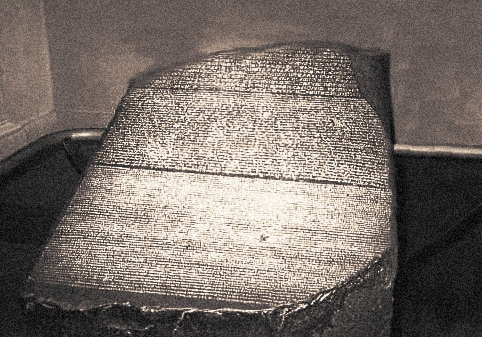
As the military modernized, new ideas and methods of warfare were devised that would change how the soldiers of the Kingdom fought for many years to come.
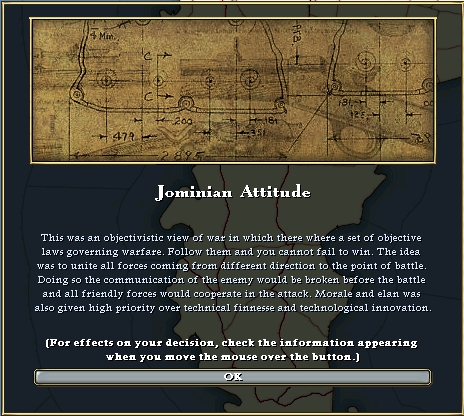
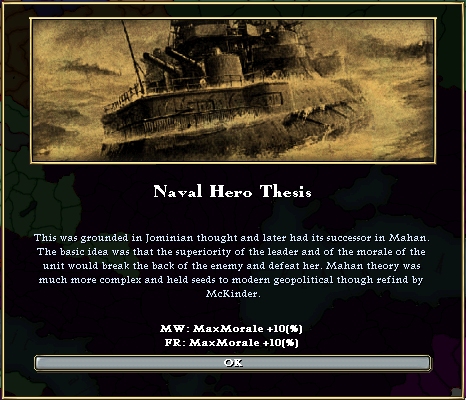
It was also a time of excitement in Jerusalem's colonial holdings, and many men found themselves becoming very rich indeed.
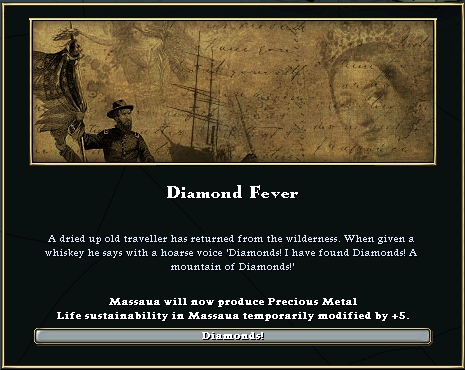
Over the past few years, an independent cartel of merchants operating out of Basra and Ceylon founded a colonial charter company in Indonesia. Much to his own surprise, King Laurence V found himself, and the Kingdom, in de facto possession of a pair of Indonesia islands, rich in spices and tropical wood.
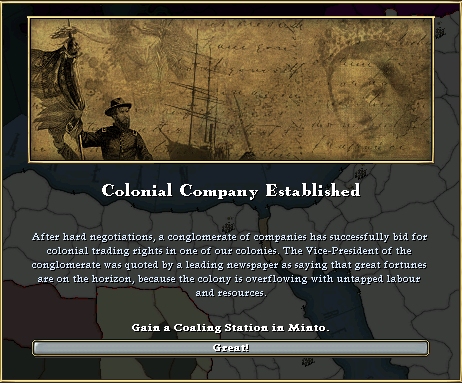
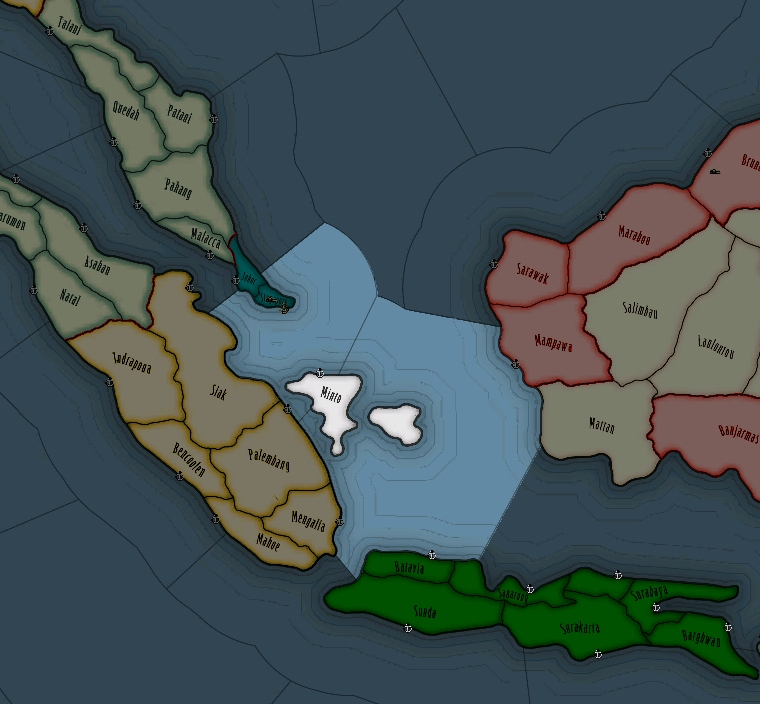
King Laurence and his advisors found the riches of the Indonesian archipelago highly desirable. But they were not the first to do so. Beyond the local, pagan, powers, Leon, Orleans, and the Flemish Argentine all had a strong presence amongst the islands, even the Byzantines had some small holdings. It would take time and effort for the Kingdom to establish a presence there. Even more so, the area was well distant from Jerusalem's naval bases.
In order to strengthen the Kingdoms presence, and indeed to help solidify their control over the Indian ocean, King Laurence V started an effort to build several small colonies and coaling stations on the western coast of Antipodea. Leon had long had a presence and series of penal colonies in the eastern half of the island, but most of the remainder this vast, desert continent was inhospitable in the extreme. Still, the purpose of claiming the land was not direct profit, but strategic control.
If it would eventually lead to conflict with Leon was, as yet, unknown…
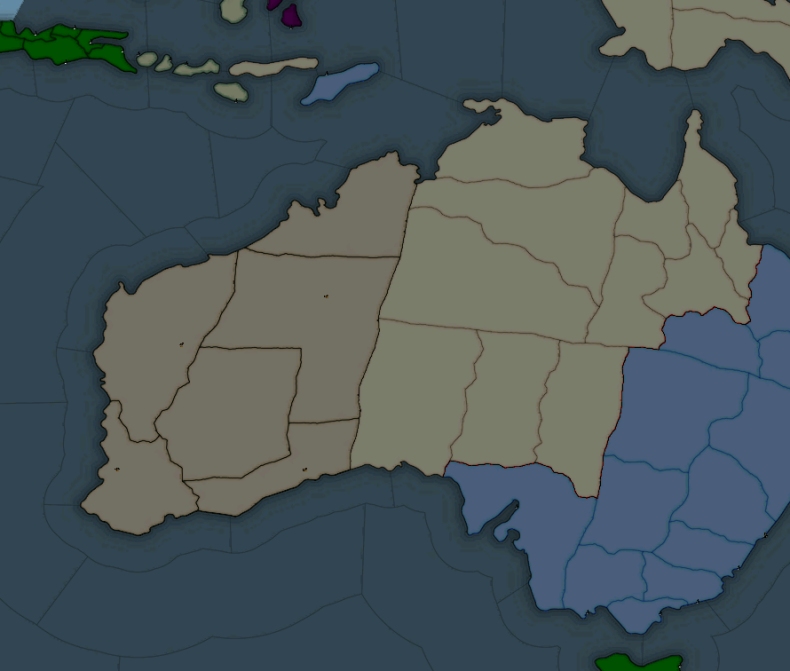
In 1839, news came that an unlikely alliance between the Kingdom of Prussia and the Russian republic had forced a humiliating peace treaty on Poland.
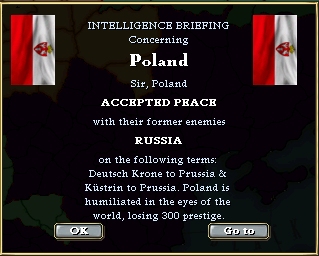
King Laurence, meanwhile, helped fund a series of new libraries to help the long term prospects of the Kingdom. It was becoming increasingly clear that an educated elite was highly profitable.
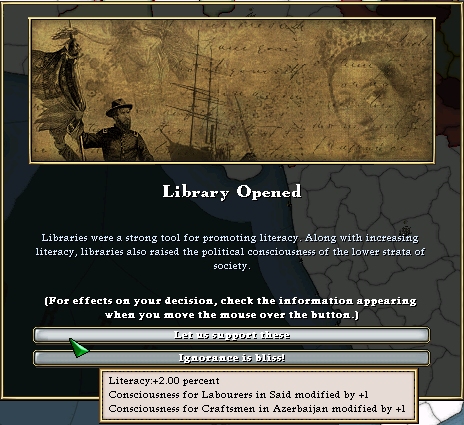
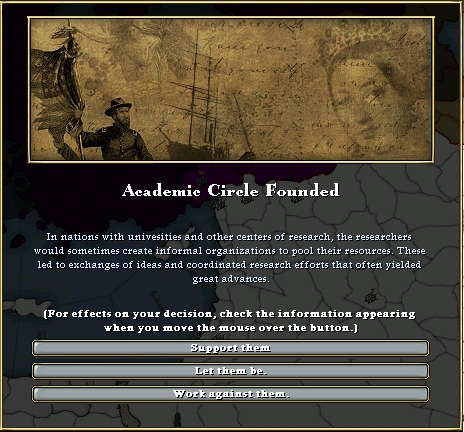
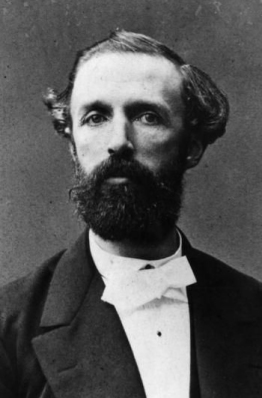
This was King Laurence V in 1840, perhaps one of the most forward looking kings that Jerusalem had ever known. He had long hoped for a better way of supplying the Kingdom's soldiers with reliable food, and Egyptian capitalists soon came up with an innovative answer. Canned food would stay fresh far longer, and greatly aid the armies of the Kingdom.

Railway lines continued to spring up, and in the summer of 1840, the wail of a train's whistle was heard for the first time in Jerusalem, echoing over the dry hill where once Christ walked.

But the King did have some aggressive goals in mind…
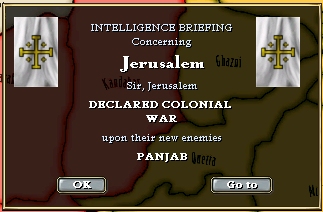
Laurence V had long been worried about the narrowness of the Kingdom's coastal holdings leading to India, and sought to widen them by taking land from Panjab. It was a very short war, and the local prince offered far more territory then King Laurence had intended to take.
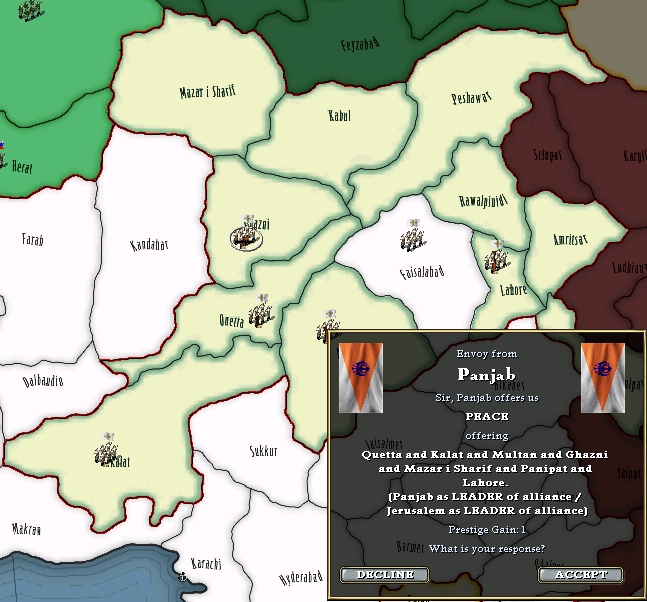
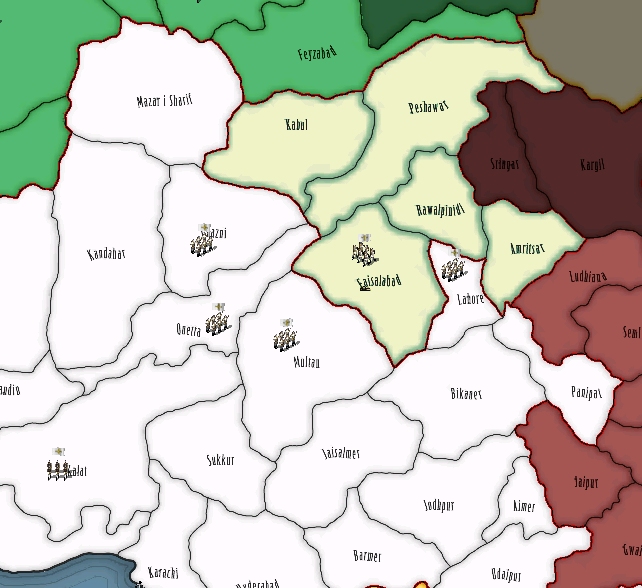
The Byzantines took the opportunity to invade Georgia. For a time Jerusalem had been the overlord of Georgia, but the relationship had weakened and drifted apart. By the time King Laurence sent a stern letter to Constantinople, the war was already over. The Byzantines had crushed Georgia, completely controlling the Black Sea coast and leaving behind a pitiful rump-state.
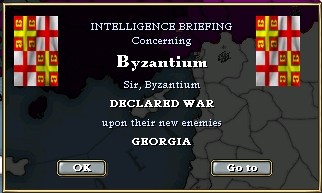
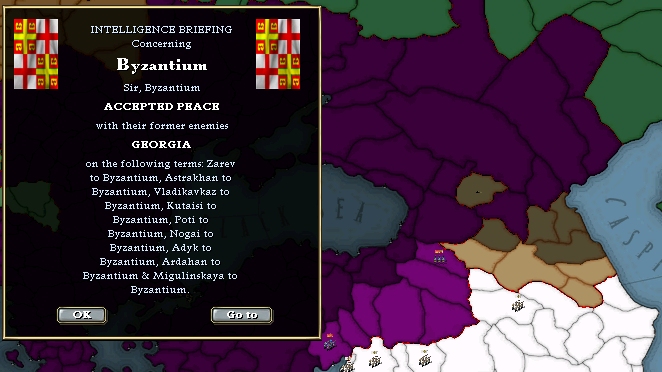
King Laurence knew it would not be long before Byzantium cast its eye on the remainder of Georgia's territory, and decided to beat them too it. In the spring of 1842, troops of Jerusalem crossed the border to seize the vital passes and old Rum forts in the Caucuses Mountains.
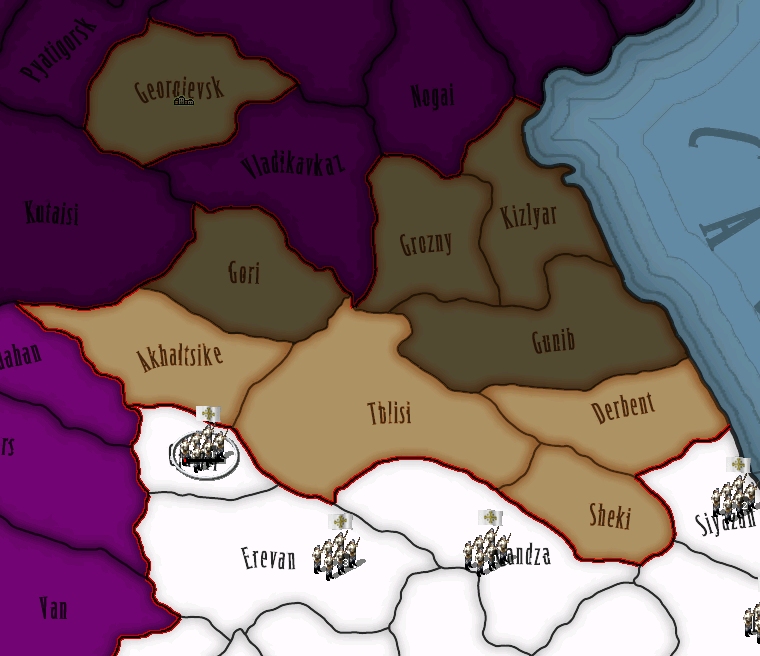
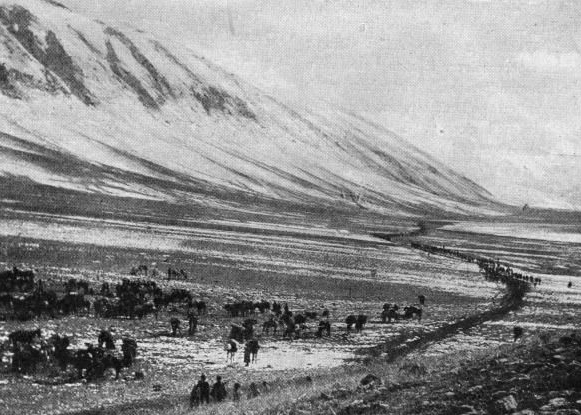
Crusader troops move north into the mountains.
There was little organized resistance, after the Byzantines had so thoroughly crushed Georgia's small army, and within a few months the Partition of Georgia had been completed.
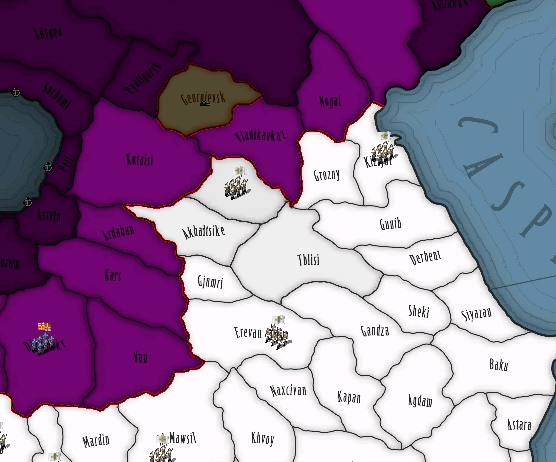
The King of Leon, meanwhile, had grown angry over reports that Jerusalem was planting colonies and settlers in Antipodea. A series of insults and arguments flew back and forth between the two courts. Always a cautious man, King Laurence raised several new divisions and sent a few west to guard the African border with Leon. A series of new forts was also constructed near Tripoli to help guard the long approach to Alexandria.
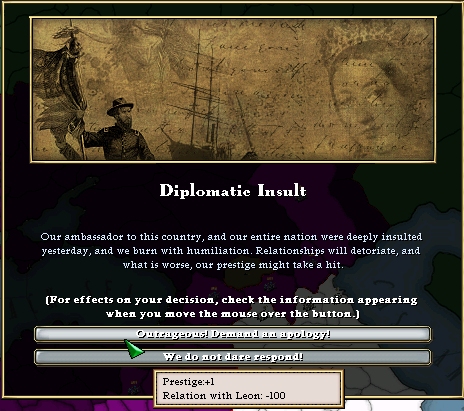
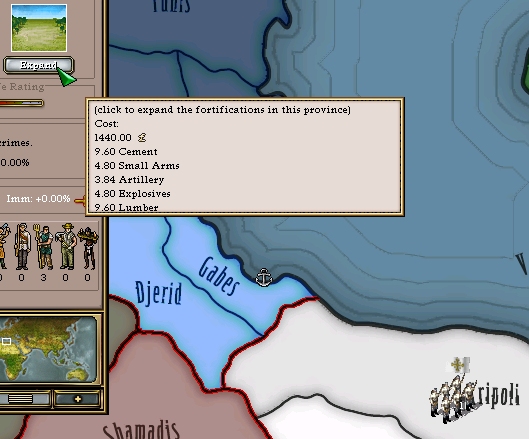
The remainder of the new divisions were sent to the long border with Byzantium, which was becoming increasingly heavily armed. Construction was begun on a series of modern forts here, as well, although it would take much longer to finish.

New inventions powered by steam were also being created, allowing the industries of the Kingdom to function with much greater efficiency.
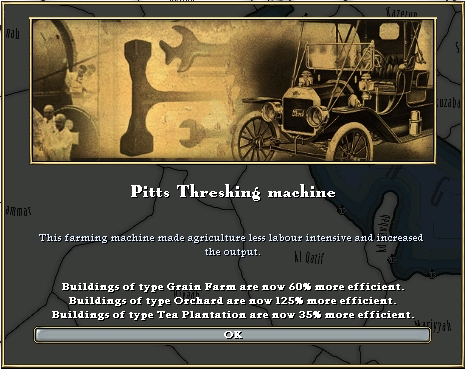
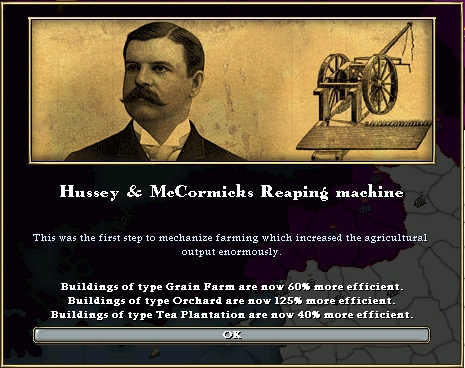
But not all new ideas were good ones. The poor, after all, had not profited much from the new factories or railroads. They had seen no glory or loot from the invasions of the Panjab or Georgia.
No, some new ideas could be very dangerous indeed…
